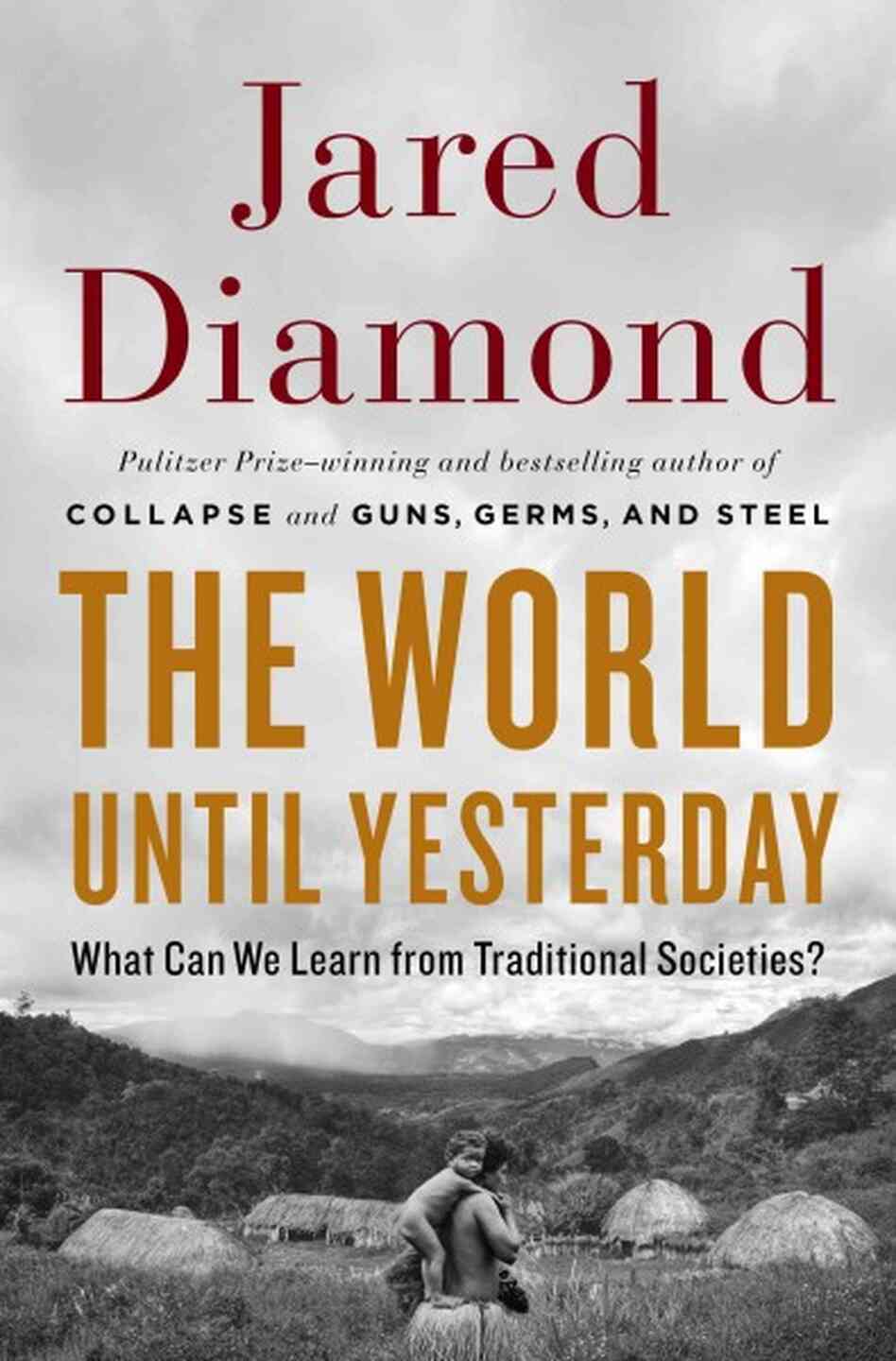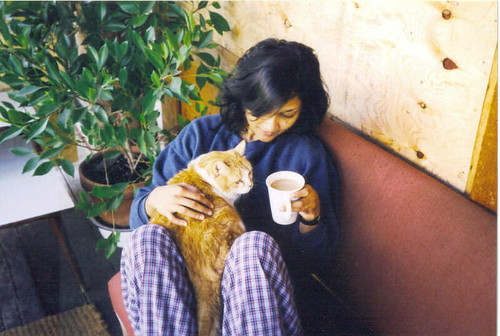The World Until Yesterday
 The World Until Yesterday
The World Until YesterdayWhat Can We Learn From Traditional Societies
by Jared Diamond
As a Geography Professor, Diamond's prolific thinking and field research at New Guinea has brought out many books, and engendered severe criticism for his tendency to make generalizations based on just a handful of data collected by social scientists.
After, The Third Chimpanzee by the Pulitzer-winner, I was curious about The World Until Yesterday. It is a hefty volume, detailed and elaborate, wherein he argues for us WEIRD** people to learn something from traditional societies.
We have come take for granted the written language, travel, organized government with fine-tuned (and complicated!) laws, a society which strives to be ever-safe and progressive, and our unwavering faith in our abilities, despite the fact that these are pretty recent accomplishments in the human history.
Starting with what is a traditional society, we read about such things as child-rearing practices, treatment of or caring for the elderly, expectations of each member of the society, and constructive paranoia about dangers in the world.
Whereas some societies tend to kill a disabled child at birth, or even kill their old and ailing member to save the rest of the tribe, there are also such societies that treasure the wisdom and experience of the elders and care for them well.
The books has three real life situations the author experienced which were eye-opening not just for the reader but for the author himself.
Now, there's always two sides to a coin. What about brutality and warfare and even petty skirmishes for natural resources? What about law and order and a prescribed form of punishment applicable to all? In one incident shared in the book, a family that inadvertently killed another family's young child was not punished in the modern way of incarceration or death penalty. The families sat with each other, talked, and forgave, and agreed to move on without harboring ideas of revenge or hatred. Plausible in a close-knit group where members need to stay together to survive.
The book covers many aspects which is hard for me to describe here in detail. But, certainly a worthy read, even if we may not agree with some of the ideas therein.
**Western, educated, industrialized, rich, and democratic (“WEIRD”)
Labels: book review, non-fiction


0 Comments:
Post a Comment
<< Home